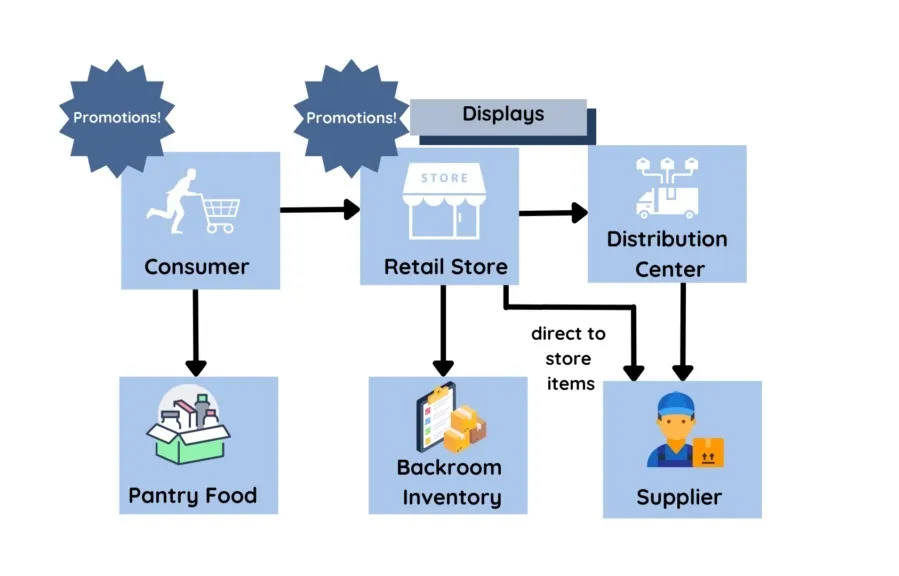Managing money at home isn’t as tricky as it sounds. Most of the time, it just takes a calm evening, a notebook, and a hot cup of chai. Whether you have a big family to handle or it’s just you managing your monthly expenses, having a budget planner makes life so much easier. It helps you track your spending, save for plans, and avoid those last-minute money problems at the end of the month.
Why a Budget Planner Matters
A lot of us spend without realising where the money’s going. It’s only when you sit down at month-end and wonder how your wallet’s empty that it hits you. A good planner keeps you aware. It helps you balance between rent, groceries, school fees, and those little joys like a weekend movie or dinner outing. You don’t need to cut out everything you love, just manage it better.
How to Divide Your Monthly Income
The easiest way people handle this is by dividing their income into three parts: essentials, wants, and savings. Essentials cover your rent, bills, groceries, and school fees. Wants are for that occasional online shopping, birthday gifts, or pizza nights. Savings is the quiet amount you tuck away for emergencies, holidays, or plans. The exact amounts will change depending on your lifestyle and income, but this method works for everyone. If you split your income like this, you’ll be able to hold on to your savings for a long time.
Start Small with Savings
You always have the option to save money. And for this, you don’t need to make enormous amounts of money. Even ₹500 a month matters. Start by putting money aside in a basic savings account or a recurring deposit. If you’re comfortable, try a mutual fund SIP. You can get going any day with just ₹500 in hand. It’s a relaxed way to build wealth without getting into the confusing stuff. Small savings build up faster than you’d think. Take small steps forward, and you’ll reach your budget destination in no time.
Keep Track of Daily Expenses
Most people don’t realise how much those tiny expenses add up. A random cold drink, an extra cab ride, or a quick impulse buy can quietly drain your budget. The easiest fix is to track your daily spending. Use a simple notebook, Google Sheets, or an app like Money Manager. Once you start writing down every expense, you’ll naturally cut down on wasteful spending.
Plan for Festivals and Family Functions
Indian families have celebrations all year round, including Diwali, weddings, birthdays, and more. These events need a little extra money, and if you don’t plan for them, they’ll eat into your savings. It’s a good idea to set aside a little money for these in your monthly plan. That way, you’re ready for anything, without the stress of last-minute loans or digging into your savings. Do not overspend during any kind of function. Or you could just keep a fixed amount aside to handle all those expenses together.. This will help you plan.
Involve the Whole Family
Money talks shouldn’t be one person’s headache. Sit with your partner, kids, or parents while planning the budget. When everyone knows the plan, it’s easier to stick to it. It also makes the kids understand the value of money early, which is a useful lesson in any Indian household. Plus, it avoids those awkward money arguments. It’s very easy to save money and have a budget when your entire family is involved in it.
Use Whatever Works for You
A simple notebook or your phone’s notes app works just fine. A plain notebook does the job. If you prefer digital, use Google Sheets; there are plenty of free templates out there. Or pick a simple mobile app if that feels easier. The tool isn’t important. What matters is that you stay regular with it. One size doesn’t fit all when it comes to planning a monthly budget.
It’s About Awareness, Not Restriction
A good monthly budget isn’t about cutting out all your fun or living like a miser. It’s really about knowing where your money’s being spent. Once you know where it’s going, what’s left, and what you can save. Decisions about new clothes, family dinners, or investments become a lot easier. No more scratching your head about where all your money disappeared halfway through the month. It is one of the things that works very well when you make suitable plans.
Start Today
If you’ve never done this before, no problem. You can start off by penning down things you spent your money on or keep track of it. Write down every little thing, from your morning tea to your grocery runs. At the end of the month, you’ll spot clear patterns. You’ll see where you can save and where you’re doing fine. It’s an easy little habit, but it honestly changes a lot. And if you ever need help, talk to a financial advisor or check out some good Indian money blogs for easy, no-nonsense tips. Managing your money well isn’t tough; you just need to get started.









Leave a Reply